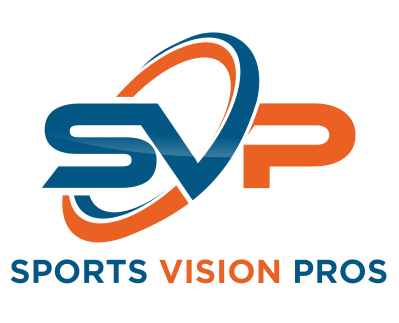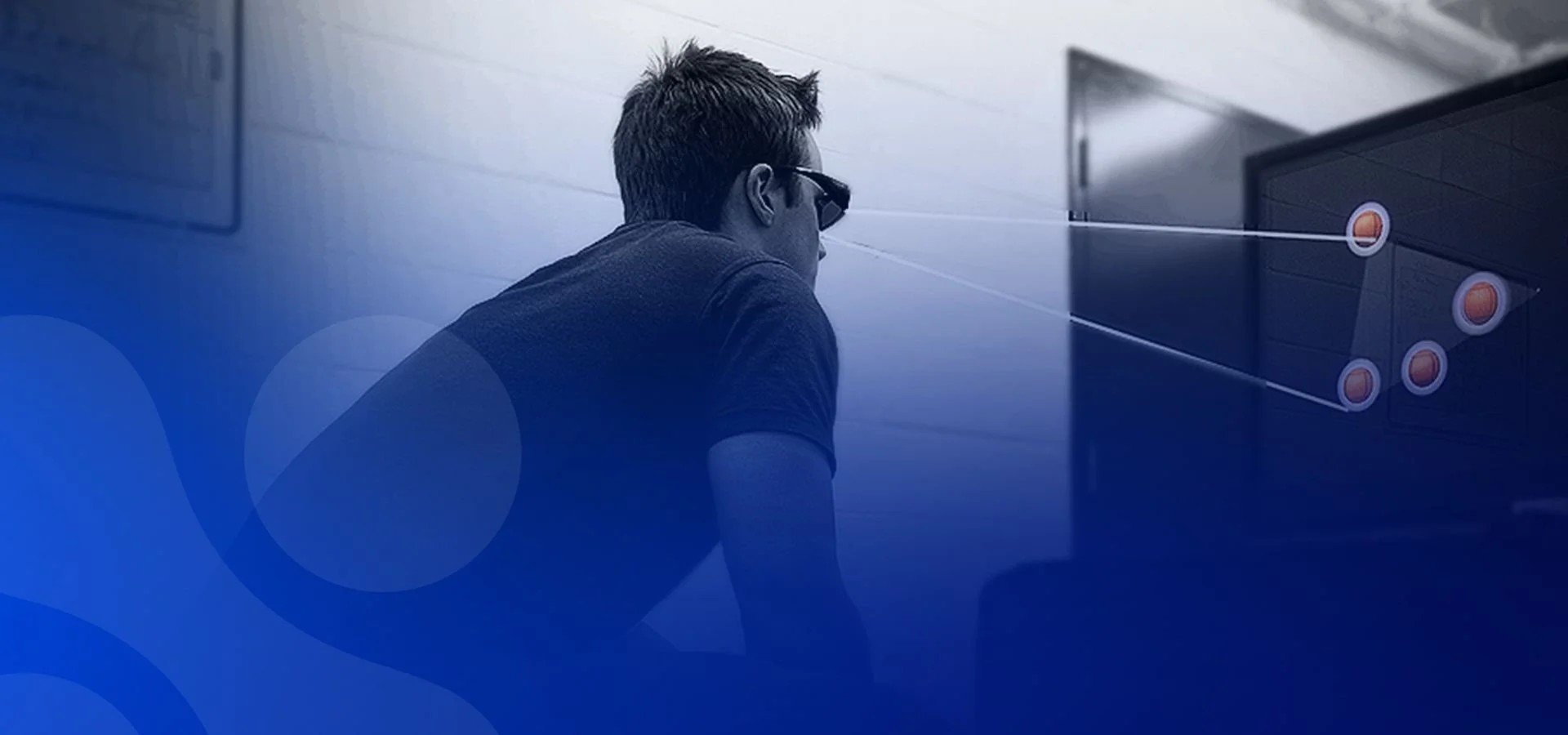Clinicians & Researchers - Primary Care

All medical professionals, including pediatricians, neurologists, eye doctors, other physicians, nurses, and occupational therapists, have a role in co-managing their patients’ eye health. If any of your patients participate in sports, then it is even more critical that you are involved in their primary eye care. Maximizing visual performance can lead to maximizing sports performance, avoiding injuries, and treating and rehabilitating ocular injuries and traumatic brain injuries when they do occur.
Regardless of your specialty, we would like you to know the signs of a vision impairment and ensure that your athletic patients are seen regularly by an eye doctor for a comprehensive eye exam. Since vision impairments can also be symptoms of other health conditions (e.g., concussions and diabetes), referring your patients to an eye doctor is an important step in diagnosing and co-managing your patients’ overall treatment and health.
If your patient experiences any of the following symptoms, and especially if they participate in sports, then immediately refer them to an eye doctor:
Complaints of lack of clarity in sport
Difficulties at night (indoors) vs daytime sport environments
Headaches
Double vision
Difficulty tracking targets
Depth perception concerns, missing catches, shooting balls high or low of targets
Slowed decision making on the field
Consistent difficulties effectively running plays designed by the coach
Irritated eyes during sport
Light sensitivity
Screenings Are Not Enough
Remember, it is important that all your patients regularly see an eye doctor even if they pass a vision screening or do not exhibit signs of vision impairment. Not all vision impairments have obvious warning signs or impact performance right away. It’s better for your patient to see an eye doctor before their vision impairments are obvious and/or already impacting their performance and safety.
Furthermore, your patients’ vision may be “good enough” to pass a basic screening, but their vision may still not be good enough for their chosen sport. Therefore, all your patients should regularly see an eye doctor even if they have passed vision screenings.
Partners
Follow Us
September is Sports Eye Safety Month and SVP wants to highlight a recent video with Dr. Smithson and Prevent Blindness' CEO, Jeff Todd.
Learn the crucial techniques to identify hidden issues and ensure early intervention. Knowledge is power when it comes to brain heal. Check out this important video message from Dr.Keith Smithson
Dr. Smithson discusses Telehealth resources available to sports vision professionals with NeuroTracker.
He graduated from Pacific University, College of Optometry in 1994. Dr. Tad Buckingham has experience in fire and emergency services that allowed him to impact emergent eye care, and ocular injections, and to develop guidelines to manage medical emergencies in the primary care office.
Recently, we had an amazing conversation with Ernest Eugene from Orlando Magic and Eric Waters from Utah Jazz.
We talked about vision's influence on basketball players' performance, and how athletic trainers can implement sports vision techniques into athletes' training programs.
Dry eyes can influence your vision and cause problems during training or game, therefore it’s important to fix the issue.
There are many types of tints used in various types of glasses, and their function is not only to turn you into the number one fashionista (however, this function is also a good enough reason to buy a new pair of tint glasses into your collection😎).

















